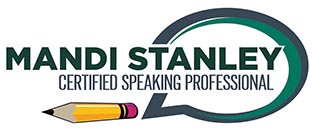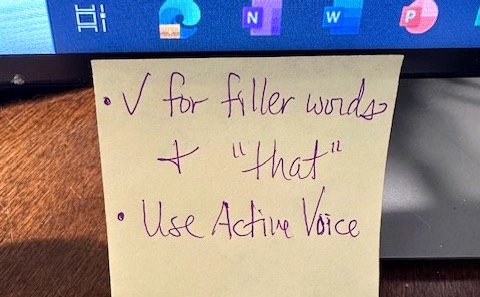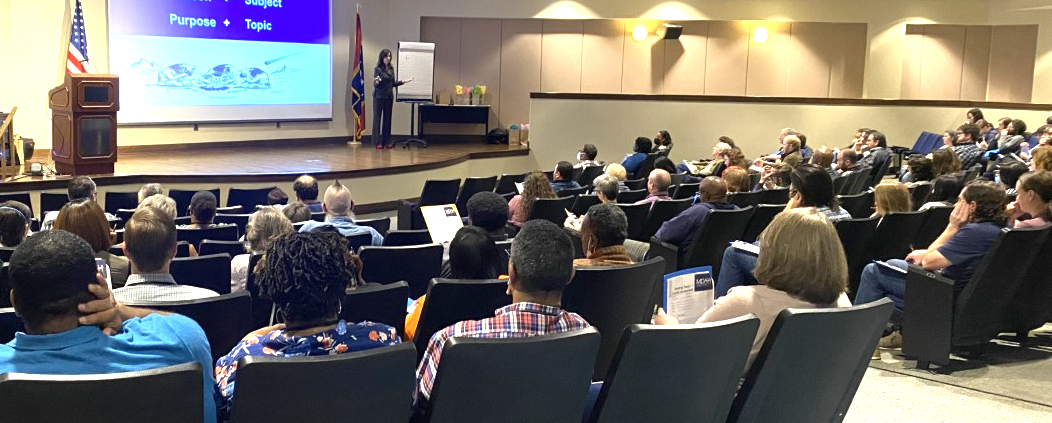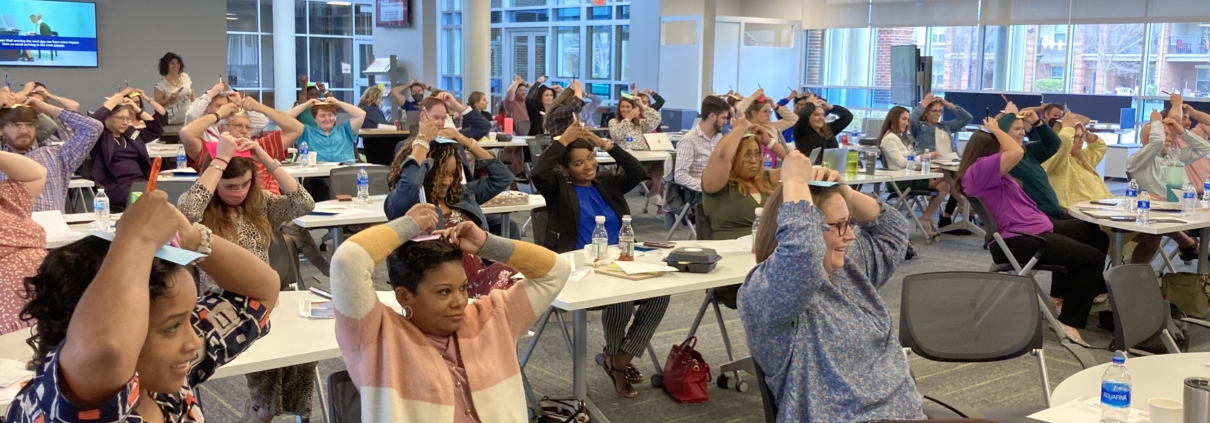Can You Begin a Sentence with Because?
2024 Grammar-for-Grownups Top 10
Number 2: Can you begin a sentence with because?
I’d like to discuss the use of “because,” whether to use it at the beginning of a sentence, when and when not. What are better ways of explaining it?
Because this question was shared by a participant in IAAP’s CAPstone Business Writing Specialty Certificate course, I’ll answer it in this blog post.
The above sentence exemplifies the correct use of because at the beginning of a sentence. Because shows causal relationships. It introduces an essential clause at the beginning of the sentence. I’ll answer the question because one of my participants asked it.
I believe people have been told not to begin sentences with because BECAUSE sometimes the sentences end up being incomplete sentences or sentence fragments.
Because the pizza ended up being the most popular item on the lunch buffet.
That’s not a complete sentence.
Because Lawrence worked all year to save money for the French Club’s trip to Paris that summer.
Again, that’s not a complete sentence.
However, it is considered grammatically acceptable to begin complete sentences with because.
Because the pizza ended up being the most popular item on the lunch buffet, we knew we needed to double the order before next week’s student orientation.
Because Lawrence worked all year to save money for the French Club’s trip to Paris that summer, he had a deeper appreciation for the 12 days he spent abroad.
To customize a keynote or professional development session that will have your audience laughing and learning, contact Mandi Stanley.
Certified Speaking Professional Mandi Stanley works with business leaders who want to boost their professional image by becoming better speakers and writers through interactive high-content keynotes, breakout sessions, workshops, technical writing seminars, and fun proofreading classes.
You might also like:
Prefer Performance to Chronology in Your Résumé
It’s Interview Time: What’s the One Detail Most Interviewees Forget?












